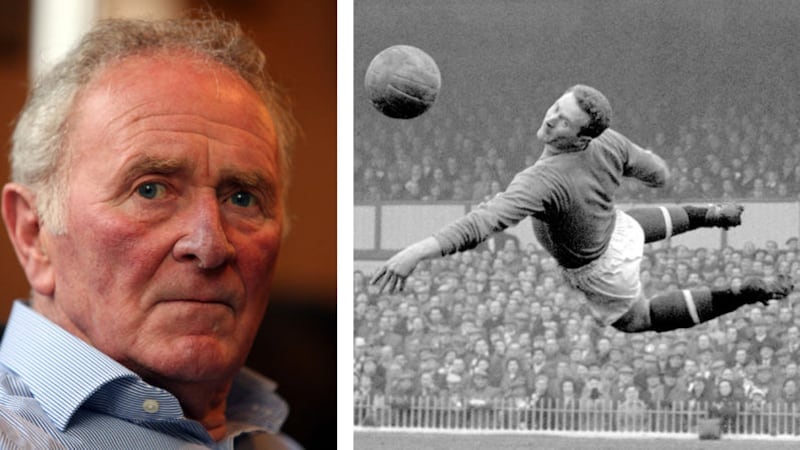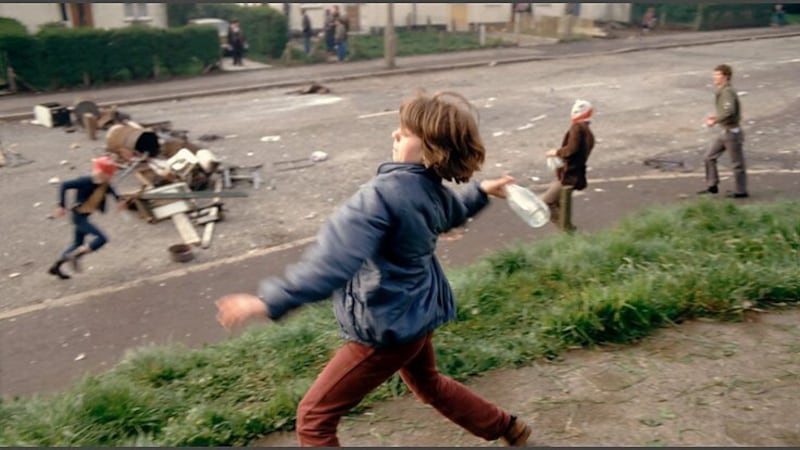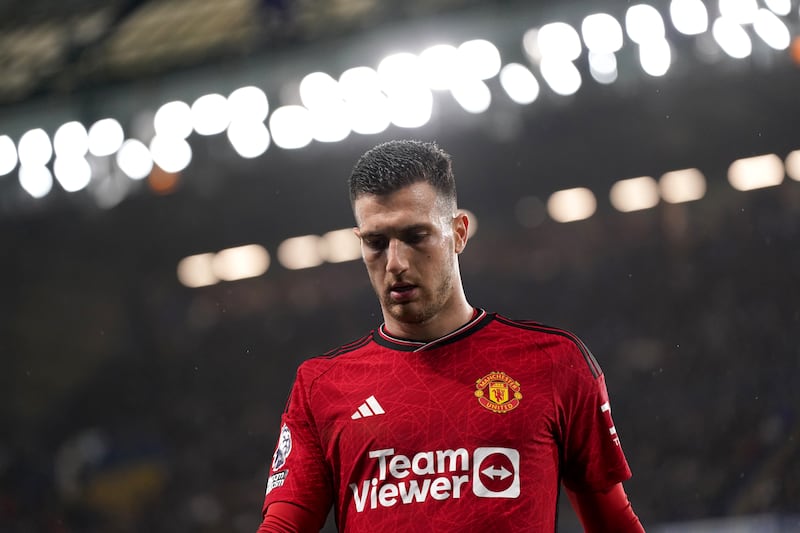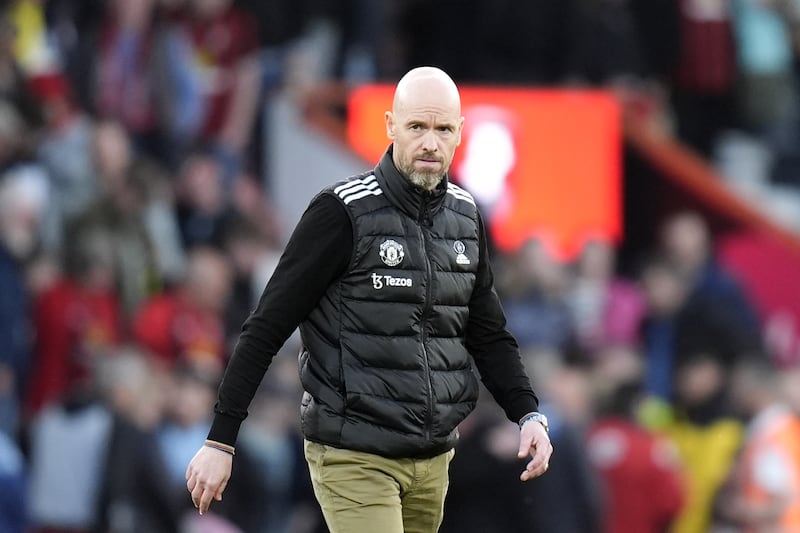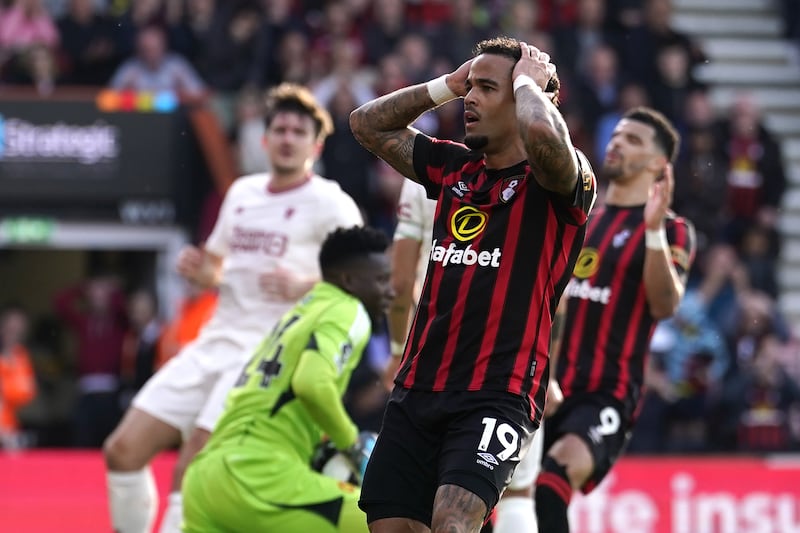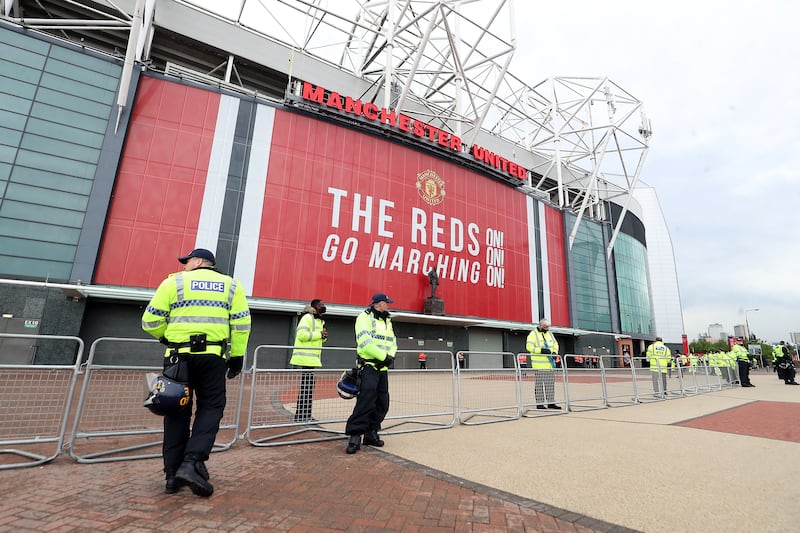Former Manchester United and Northern Ireland goalkeeper Harry Gregg, a hero of the Munich air disaster, has died at the age of 87.
His death was announced by the Harry Gregg Foundation on Monday morning.
Gregg, who was born in Magherafelt, Co Derry, was a survivor of the air disaster on February 6 1958, in which 23 people were killed, and twice returned to the burning fuselage to drag team-mates and strangers to safety.
He rescued United team-mates Bobby Charlton and Dennis Viollet from the BEA Flight 609, as well as a 20-month-old baby and her badly injured, pregnant mother.
"It is with great sorrow that we inform of the death of Manchester United and Northern Ireland legend Harry Gregg, OBE," his foundation said in a statement posted on Facebook.
"Harry passed away peacefully in hospital surrounded by his loving family.
"The Gregg family would like to thank the medical staff at Causeway Hospital for their wonderful dedication to Harry over his last few weeks. To everyone who has called, visited or sent well wishes we thank you for the love and respect shown to Harry and the family.
"Details of his funeral arrangement will be issued in the next few days.
"We would ask that the privacy of the family is respected at this difficult time. Never to be forgotten!"
Gregg became the world's most expensive goalkeeper when United, and Sir Matt Busby, shelled out £23,000 in 1957, and he was voted the best at the World Cup a year later.
You're looking at a Hero here. A man who walks back into a Crashed Plane to rescue his mates. I used to tell him he looked like Clint Eastwood. But Our Harry was the real deal. #RipHarryGregg #MUFC #busbybabes pic.twitter.com/w369ETBuRL
— Eamonn Holmes (@EamonnHolmes) February 17, 2020
He spent nine years with the Red Devils and, although he never won a medal with the club, injury having ruled him out of the 1963 FA Cup Final and restricted his appearances in two title-winning campaigns, an unforgettable career was forged.
In all he played 247 times for United, including, incredibly, a 3-0 win over Sheffield Wednesday just 13 days after the Munich tragedy.
He eventually left Old Trafford for the briefest of stopovers at Stoke and an underwhelming managerial career followed, with spells in charge of Shrewsbury, Swansea, Crewe and Carlisle.
Gregg played 25 times for Northern Ireland.
